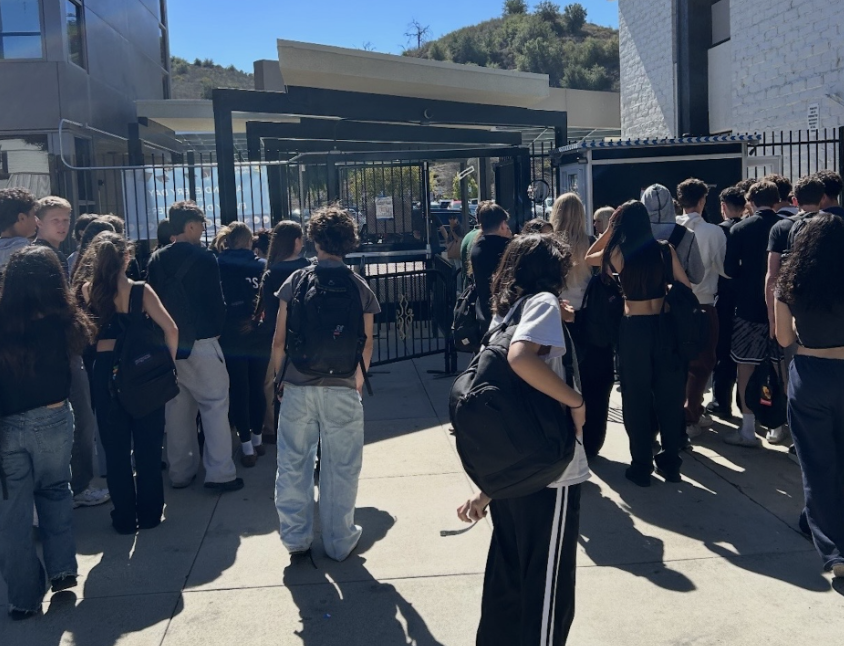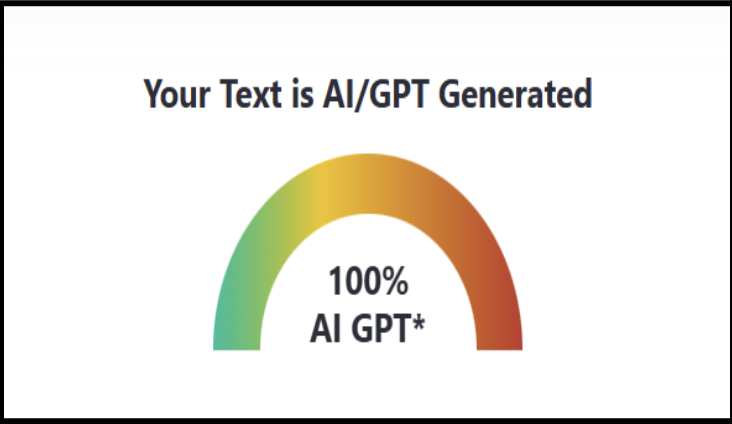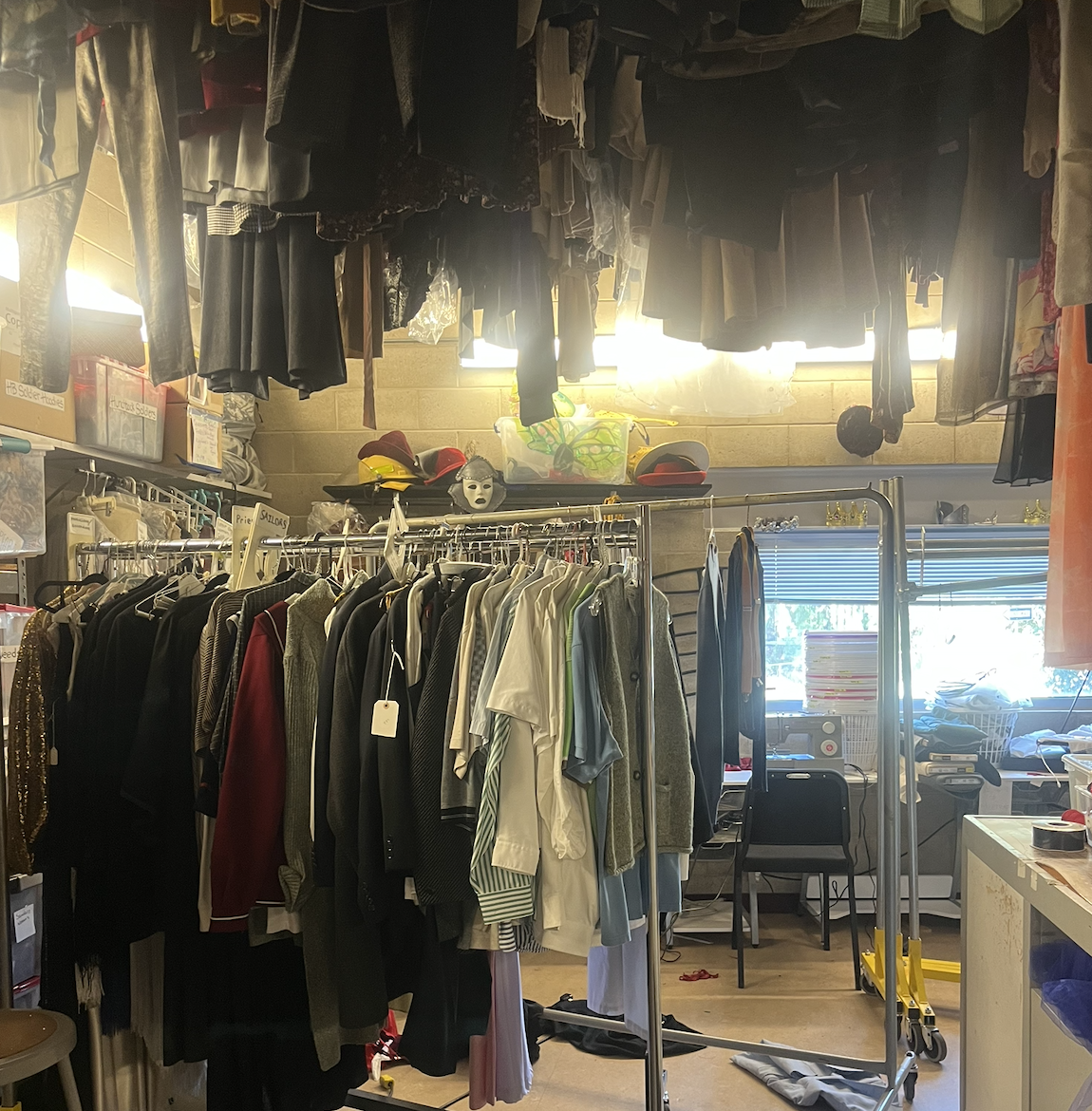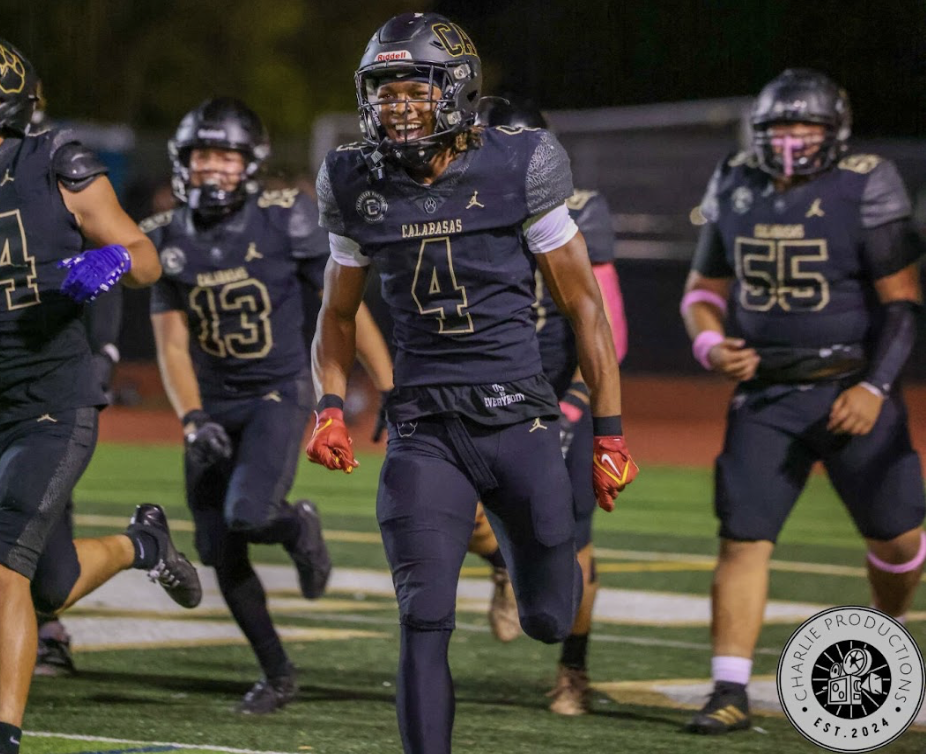The epidemic of students’ cheating is a direct result of the failures of the education system, and is not the fault of students’ shortcomings. The system we have in place is the direct answer to why students turn to academic dishonesty.
According to PsychologyToday, in truth, morally, students believe cheating is wrong; schools, teachers, employers, and the media all create a standard that students must meet to achieve a “good life.” Absorbing these expectations comes with the cost of a heavy burden; students begin to measure themselves, and as they fall short, it creates the issue we call cheating.
In line with the American Federation of Teachers, at almost every level of education, there is a form of cheating taking place. It especially takes place in earlier levels and tends to increase as students move through their school years. Parents and teachers turn a blind eye and put less emphasis on academic honesty by sending a pressuring message to do well in school to their kids without realizing the gravity of their words. As said previously by AFT, material-wise, the difficulty has increased even more, and the lack of credible teachers because of the teacher shortage has also influenced students’ working habits. In more recent years, the rise of the internet has become a conglomerate of information that is easily accessible to all students at any given moment; however, the temptation to access information that is not their own can have dire consequences on their academic performance.
“Students feel pressure from three different sources, either their parents, themselves, or the teacher,” said Calabasas High School AP Human Geography teacher Brian Edelman.
Educators believe that the pressure is stretched wide, hammering down on students, and for some, cheating becomes a way to relieve that weight.
“Students feel pressure to do their best at school, and many procrastinate while trying to juggle workload,” said CHS English Teacher Nadia Rizk.
This suggests that with an increased workload, juggling multiple assignments is commonly practiced among students, creating a struggle to balance expectations with workload.
“In a class, I would feel more pressure to cheat because I would worry about my grade dropping,” stated CHS Senior Ariana Marcarian.
Students tend to focus on the result rather than the effort to get there, and the learning that happens along the way. Both teachers and students agree that pressure is a common part of academic life.
On the contrary, Chloe Cheong, a sophomore at CHS stated, “[Academic integrity] is trying my best on all things, as long as I’m not cheating.”
This shows that for certain students, the issue isn’t just about grades but also about maintaining a personal code of integrity.
“I think people just need to actually put more time into it, it’s their fault, not the teachers,” said Mia Morchini, a junior at CHS.
Some believe that cheating stems from personal responsibility, rather than external sources of pressure, meaning students envelop themselves in these burdens.
“It’s easy, they can do what they need to get it down without putting in the work,” said CHS chemistry teacher Abbey Eckley.
However, the uprising of student cheating is not rooted within laziness or morality but from the flaws of the academic system itself. A long outdated structure that focuses on the result rather than growth, pressure over understanding, and performance over well-being, has curated an environment where academic dishonesty is a way of survival. Until a change is brought forward and schools shift their focus from just the output to genuine learning, students will still continue to cheat to meet the impossible standards set on them.














